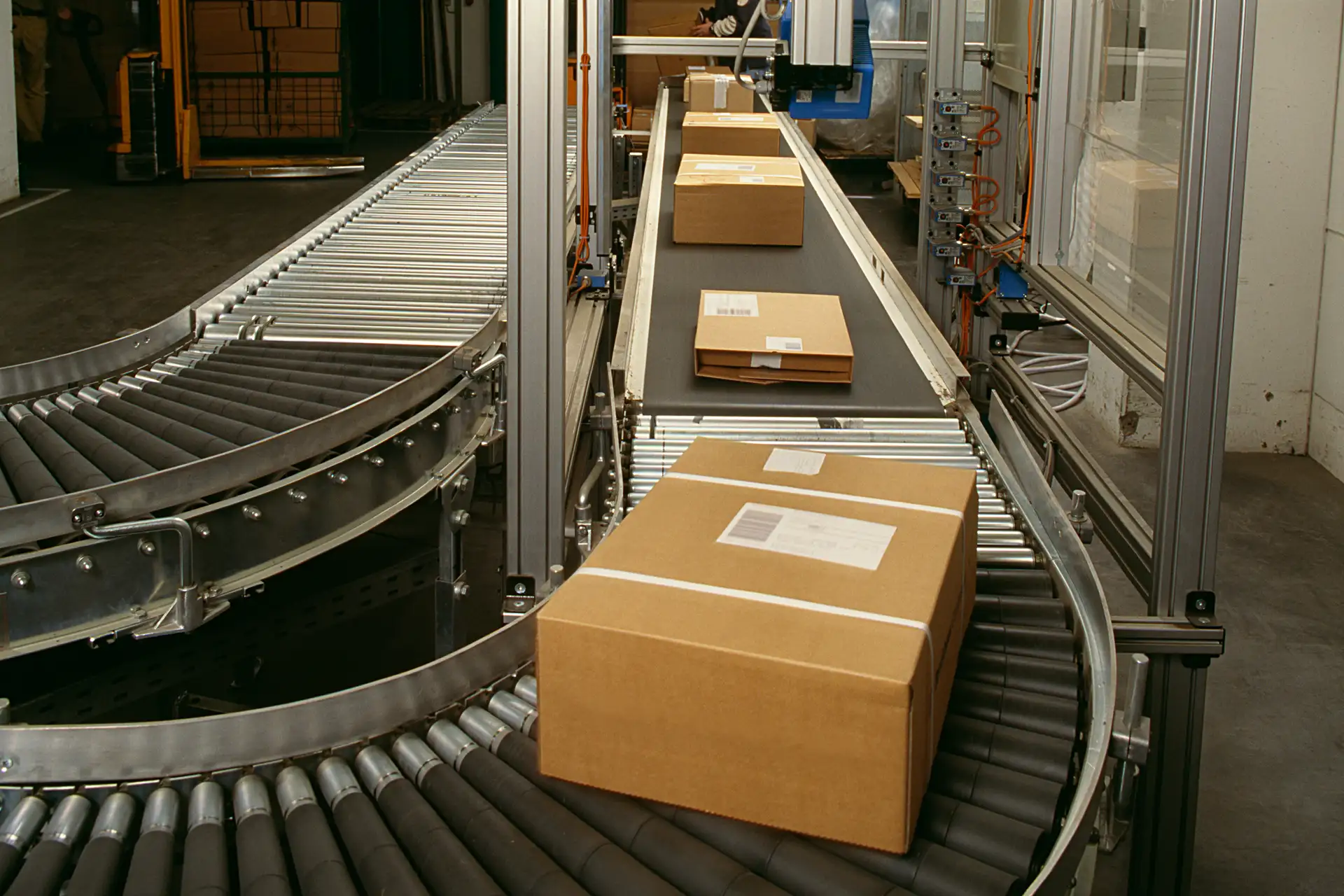These are interesting and fun examples of some of the grey areas encountered with the classification of goods and we handle hundreds of such cases for our clients on a regular basis.
UK HS Codes: How to Classify Goods Correctly for Import and Export Success
The Harmonised System (HS) Code, or Commodity Code, is the critical 10-digit identifier in customs declarations. This universal code tells customs authorities exactly what you're shipping. Using the correct code is mandatory. Errors can trigger penalties, delays, and tax overpayments.
The HS Code is the key that unlocks the rest of the process that we detail in What is UK Customs Clearance?

What is a Commodity Code?
The HS Code, or Commodity Code, has a hierarchical structure. The first six digits are universal, the last four are country-specific.

Chapter (2 digits)
Broad category: Toys, Games & Sports Requisites; Parts and accessories thereof.
Example: Chapter 62 = Apparel and clothing accessories, not knitted
Heading (4 digits)
Specific grouping: Travelling circuses and travelling menageries; amusement park rides and water park amusements; fairground amusements, includingshooting galleries & travelling theatres.
Example: 6205 = Men's or boys' shirts
Subheading (6 digits)
Detailed classification: Travelling circuses and travelling menageries
Example: 6205.20 = Cotton shirts
Full UK Code (10 digits)
Precise product identification and tax determination.
With live animals
How do HS Codes Affect Clearance?
Your declared code directly affects your financial obligations:
- Customs Duty Rates (each code carries a specific duty percentage).
- Import VAT.
- Required licences and certifications.

Commonly Used UK HS Codes
UK businesses frequently use HS codes from apparel, electronics, and automotive sectors to accurately classify goods for clearance.
Here are three common examples:
Apparel: Chapter 96
Example: 9508.10.00.10
(Travelling Circus with live animals)
Automotive: Chapter 87
Example: 8708.99.97.90
(motor vehicle parts and accessories)
Electronics: Chapter 85
Example: 8517.12.00.00
(smartphones)
The official UK Government's Trade Tariff tool
Why You Don’t Want To Get HS Codes Wrong
Incorrect HS codes can lead to painful financial penalties, customs delays, and potential legal complications for international traders.
Fines and Audits
HMRC issues penalties for non-compliance.
Duty Overpayment
Potentially higher tax rates.
Shipment Delays
Customs holds goods that have declaration discrepancies.
Centuries of Debate
There are many historical examples of how classifying goods is subject to interpretation, one that has been going on for centuries.

1893
In 1893 it was argued by the Supreme Court that Tomatoes were vegetables, not fruit (despite being botanically fruit). This ruling still stands today as it was argued that common parlance was more important than botanical definition. At the time the tax was 10% on Vegetables, but 0% on fruit.
1991
In 1991 McVities, (who make what we call a Jaffa Cake) successfully argued that the Jaffa Cake, was indeed a cake, and not a biscuit. To this day Jaffa Cakes are not subject to VAT (Value Added Tax).
2003
In 2003 Marvel’s subsidiary Toy Biz successfully argued that X-Men “dolls” were in fact toys not dolls paying 6.8% toy tax rather than the 12% that was levied on Dolls.
2008
In 2008 Proctor & Gamble argued that Pringles were not Crisps because they only contained 42% potato and their shape was not found in nature. HMRC (argued successfully that it was a crisp, P&G successfully appealed, then HMRC successfully appealed that appeal, arguing that a child’s definition was more relevant than one of scientist, and so VAT is paid on Pringles in the UK.
A recent case study
In a recent classification project using our Trade Compliance Management system for a globally renowned leader in “essential technologies” our dedicated experts discovered that from over 12,000 products in the client’s portfolio, over 21% of the HTS codes originally assigned in the client’s database were incorrect.
Our experts were able to help correctly classify over 2,500 products ensuring our client:
- Reduced their risk of financial penalties
- Streamlined their Supply Chain
- Optimised import costs
- Guaranteed regulatory compliance
- Saved time & resources
Get a free consultation
Take advantage of a free consultation. Find out at no cost what a Livingston Customs Clearance Specialist can do for you.
We specialise in:
- UK Import Declarations
- Deferment Account Management
- Specialised Authorisations (Including SCDP & BIRDS)
- E-commerce Customs Entries
- Duty Reliefs & Waivers
- UK Export Declarations
- Transit Documents (T1, T2)
- Post-Brexit Advisory
- CBAM Services
- Reporting & Data Management
Avoid delays, reduce costs and ensure full compliance. Even the biggest businesses overlook savings opportunities.
Contact us at europe@livingstonintl.com or call us at
- Europe: +44-0800-169-2930
- North America: 1-800-837-1063